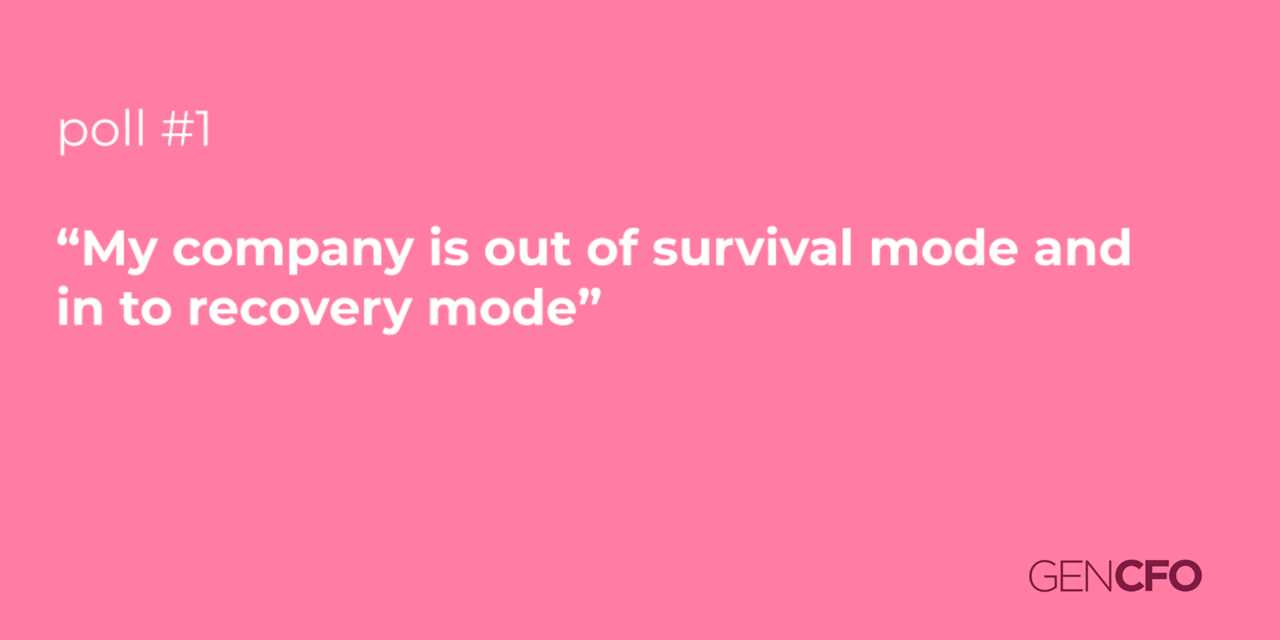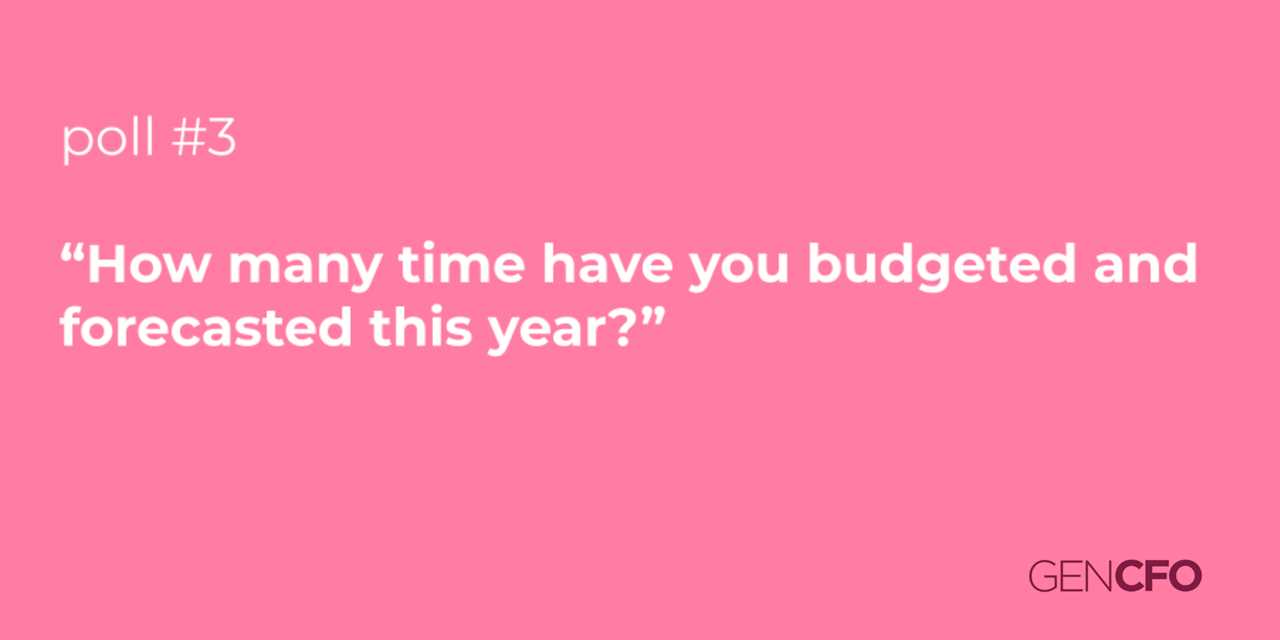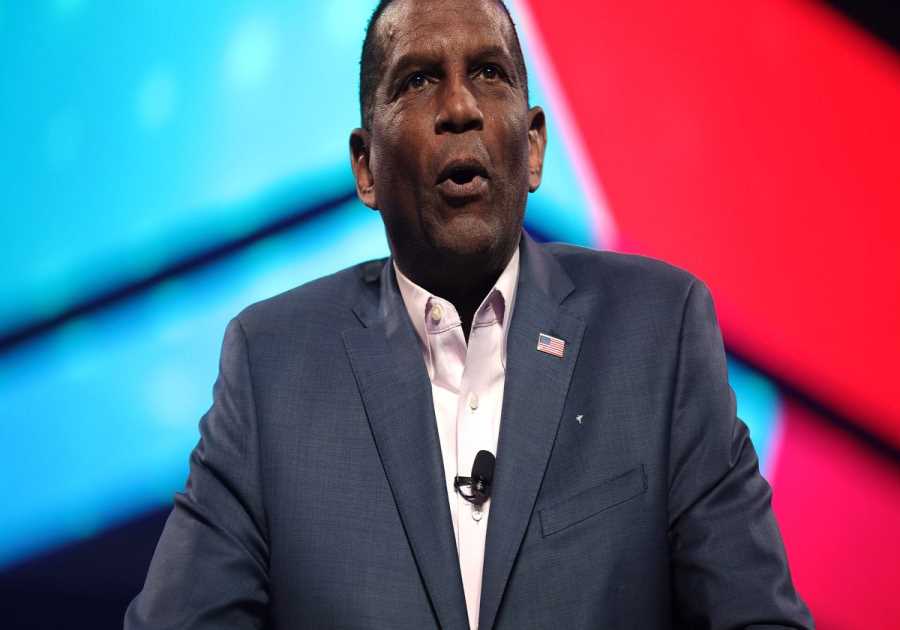Chris Argent was joined by experts on financial modelling to get into the details of financial modelling in the current VUCA (Volatility, Uncertainty, Complexity, Ambiguity) world we’re living in.
They covered what VUCA environments are, whether we’re all in one and how to handle complexity and uncertainty using financial and scenario planning.
Nataliya Irvine FCCA, Finance Deal Analyst at Capgemini, Abby Obomighie FCCA Msc, Europe Finance Director of Projects at Honeywell, and Dr. Rolf Gegenmantel, Chief Product Officer at Jedox joined Chris for this important conversation – especially considering the state of the world stage.
What is a VUCA, and are we in a VUCA world?
As an acronym, VUCA means volatility, uncertainty, complexity and ambiguity – it’s pretty relevant to the turbulent times we’re all currently facing.
Chris opened the discussion by explaining the origins of VUCA:
“The term VUCA came out of the military, and it’s used to tell us where we’re at.”
I’ll just give you all a quick refresher on what these terms mean, according to Oxford Languages.
Volatility refers to “liability to change rapidly and unpredictably, especially for the worse”, uncertainty refers to “the state of being uncertain”, complexity refers to “the state or quality of being intricate or complicated” and ambiguity refers to “the quality of being open to more than one interpretation”.
Chris showed this VUCA graph to the audience:
How VUCA affects every one and every industry
He then went into the current UK inflation situation, which we all know is difficult at the moment – VUCA is relevant to political contexts as much as to the accounting and finance industry.
This renders VUCA important for us all to consider and manage across industries.
Dr. Rolf suggested that today’s world is in a VUCA age.
This is due to the globalised world we’re now living in; he said the world is now so globalised that previously localised challenges can affect business worldwide.
“Interconnectivity and value chains across the globe [mean] a relatively small thing can have a global impact”.
Does a VUCA environment vary for each industry, business or individual?
The first question on VUCA for the panel soon followed, as Chris asked whether they believed we are all in ‘survival mode’.
Abby said that “we are in some element of a VUCA environment, and in some element of a survival mode” following the pandemic.”
“The complexity is based on industry and where you find yourself”
Nataliya concurred, remarking that the challenges presented by the VUCA impact were subjective, “it varies sector by sector, company by company”.
It even varies from year to year. Nataliya mentioned that in “2020, there was a lot of VUCA, [but] now my company is in growth”.
Watch the webinar recording on the community platform
No matter how much, we agree that VUCA affects everyone
However, she did point out that “we definitely have volatility impacting us” with the global situation we are experiencing.
A member of the chat agreed with the panel that VUCA exists for all but to varying degrees, saying that:
“I think it depends on the industry. Working in clinical trial logistics, our company has been constantly and rapidly growing over the past two years. If anything, I think the growth has been reduced a bit”.
Why business is always in a complex state
Next, there was a poll for the audience on how far they agreed with the statement: “My company is out of survival mode and into recovery mode”.
Rolf said that “the world will not get less complex” which echoed an earlier mention from Nataliya of historical incidences of uncertain environments in business.
The panel discussed how complexity will likely never disappear.
How to manage a VUCA world
Nataliya raised the point that “the opposite of complexity is clarity”, which means we have to be asking ourselves how we create clarity.
They then went onto the ways for the industry to handle elements of the difficult VUCA world we are in, such as wage inflation.
Nataliya began the discussion on improving processes, as not doing so makes you “less agile in this VUCA environment”.
Plan ahead to handle uncertainty, ambiguity, high complexity and volatility (VUCA situations)
Dr. Rolf went into the ways that processes can be improved, and the way financial and scenario planning can help businesses handle VUCA demands.
The third poll asked the audience ‘How many times have you budgeted and forecasted this year’.
The results sparked a conversation about how planning has changed, how to manage risk and the importance of agility.
The discussion continued to get more interesting, and more valuable VUCA insights emerged.
Watch the rest and learn more about VUCA
From this article, you now have knowledge about the VUCA acronym, why our experts think we are living in a VUCA world, and that VUCA challenges for your business can be managed – but if you want to know how to do that, you’ll need to watch the recording for yourself.
Where can I watch it?
If you would like to discover the insights and watch the recording yourself, head over to our community platform where this VUCA Deep Dive, and all the others that came before, are waiting for you.
Watch the webinar recording on the community platform
The post What is VUCA and how do we manage it? appeared first on GENCFO.
------------
Read More
By: Olivia Wing
Title: What is VUCA and how do we manage it?
Sourced From: generationcfo.com/what-is-vuca-and-how-do-we-manage-it/
Published Date: Wed, 19 Oct 2022 14:22:37 +0000
Did you miss our previous article...
https://trendinginbusiness.business/finance/the-know-your-numbers-series-flip-the-switch
.png)







